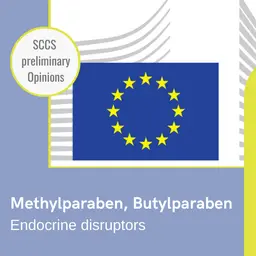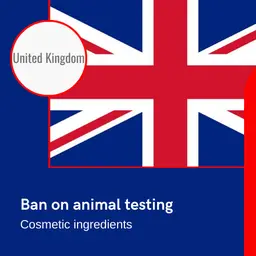
The notion of “borderline product” remains very present in the field of cosmetic products because this status implies different factors that may lead to the regulation of biocidal products, medical devices, or even medicines. To date, given the complexity of this concept and the multiple borders that exist between the various transversal regulations, no European text sets out specific rules. Only guidance guides and manuals have been drafted by European Commission working groups to provide direction to persons/companies responsible for placing the products concerned on the market, i. e. for whom there is still doubt about their status. The explanations of Corinne Bénoliel and Pauline Ferreira-Theret, from Institut Scientis.
For the same product, it happens that several regulatory statuses may be a priori possible and in general, the principle of non-accumulation of regulations prevails.
The function of the product remains the essential criterion for determining its regulatory status. However, its site of application, its claims, and even the perceived perception of the product by consumers are also determining factors.
Ultimately, although the products are placed on the market without prior authorisation, the competent authorities are able to reclassify it, and in case of doubt, the most penalizing regulation will be taken into account (beware of the drug status!).
In addition, European Regulation 1223/2009 specifies that the Commission may, at the request of a Member State or on its own initiative, adopt the necessary measures to determine whether a given product or group of products falls within the definition of a “cosmetic product”.
Let’s study together some examples of cosmetic products “frontiers”
Article 2 of European Regulation 1223/2009 defines a cosmetic product as any substance or mixture intended to be placed in contact with the external parts of the human body (epidermis, hair system, nails, lips and external genital organs) or with the teeth and the mucous membranes of the …













